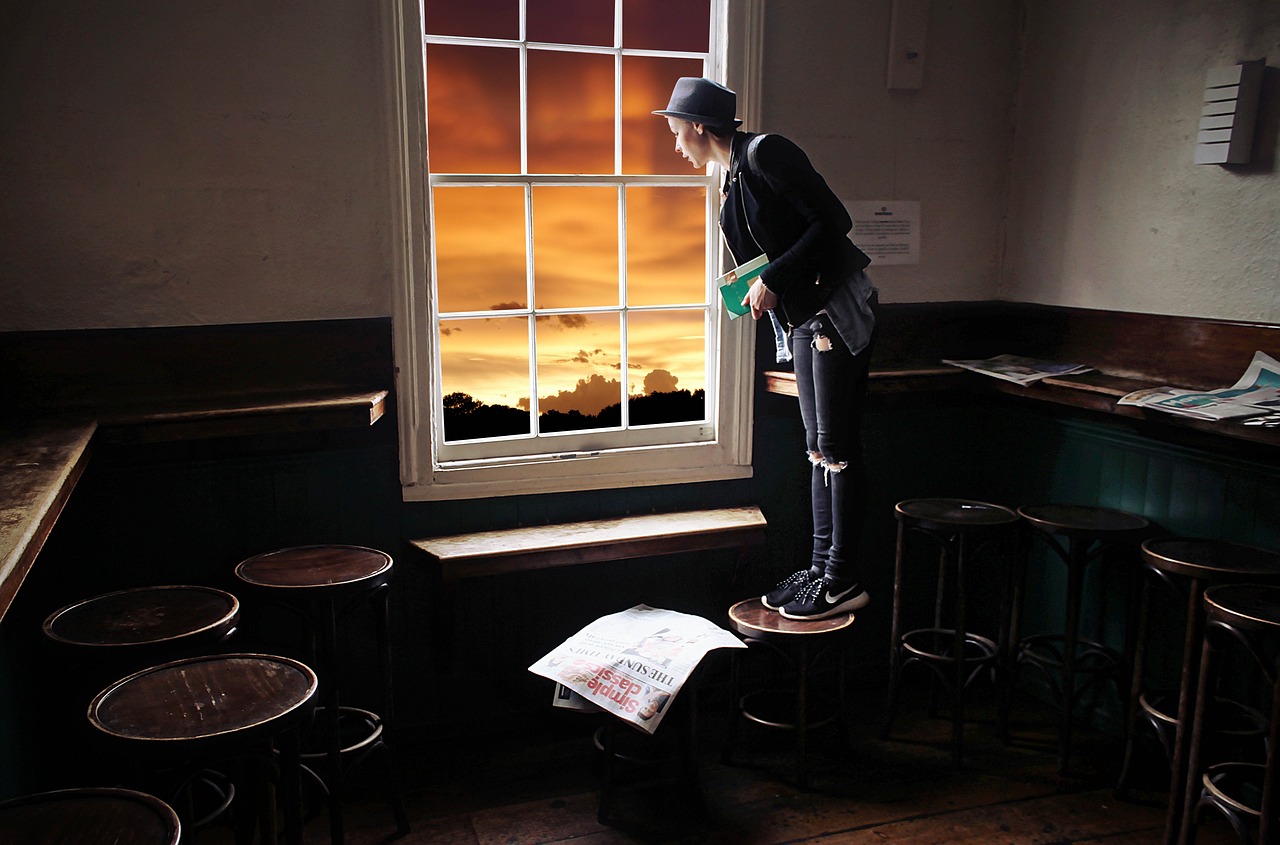In Colombia, buying media has become a run-of-the-mill activity for the Gilinski family, rather like going shopping of a weekend. The Gilinskis have already got their hands on Semana and El País in Cali, and now they’re after El Heraldo in Barranquilla.
 Germán Ayala Osorio
Germán Ayala Osorio
Word in the political and media gossip shops is that the Gilinskis ended up buying “two dead ducks”. But dead or not, having a media outlet, even one that is losing money, will always be important for politically minded tycoons, or for those who decide to serve the forces converging into Uribism – an ideology that strives for things to go badly for Gustavo Petro’s government at any cost, so it can regain power in 2026, not forgetting the upcoming regional elections.
The Gilinskis, along with Luis Carlos Sarmiento Angulo and Julio Mario Santodomingo, control the significant chunk of public opinion that still reads print media and eagerly seeks out sensationalist tabloid digital media. Semana sets the tone for this type of journalism. The once-serious investigative magazine became a portal from which Uribism launches its daily attacks on the government, with the clear intention of discrediting it and playing its part in what the administration itself considers a soft coup.
Journalist María Jimena Duzán recently described Semana magazine in its current form: “With the absence of any real opposition capable of having a powerful voice, Semana has become not only a digital machine but also the only opposition that exists in Colombia. Its aim is not to publish accurate news but to scandalise, feed indignation and provide ammunition to build up the power-hungry opposition. Typical Semana users are more inclined to affirm their prejudices than to inform themselves through facts that contradict them.”
The Gilinskis are influencing democracy, controlling three media outlets thanks to their multi-million-pound purchases.
 In the absence of a law prohibiting private concentration of media companies, these magnates, to all intents and purposes, have a major proportion of public opinion in the palm of their hand, particularly audiences ill-equipped for reasoned debate and who blindly believe accounts on the sole basis that they have been published.
In the absence of a law prohibiting private concentration of media companies, these magnates, to all intents and purposes, have a major proportion of public opinion in the palm of their hand, particularly audiences ill-equipped for reasoned debate and who blindly believe accounts on the sole basis that they have been published.
While it is already too late to reverse private concentration of the mass media, the Ministry of Education should take the time to devise strategies for teaching audiences how to consume journalistic content, and even other cultural products, such as series, novels and films. As for young people in schools and universities, they have a responsibility to seek out alternative sources of information via social media, which luckily exist. For example, bloggers, influencers and media like El Unicornio, Cambio magazine (sometimes), La Nueva Prensa and Vorágine, among others.
In the case of news journalism, it is vital to establish a Chair of Mass Media Critical Analysis, to go some way towards counterbalancing the almost incontrovertible power concentrated in media like Semana, El Tiempo, La W, La FM and Blu Radio, which have become political actors for their owners and for Uribism.
 The strange thing about this whole political-media landscape is that journalists in these media feel that President Petro is confronting them, but they reflect scarcely (or not at all) on the damage they do to democracy daily when, as one, they impose on their audiences a single way of reading and interpreting political events emanating from the Casa de Nariño.
The strange thing about this whole political-media landscape is that journalists in these media feel that President Petro is confronting them, but they reflect scarcely (or not at all) on the damage they do to democracy daily when, as one, they impose on their audiences a single way of reading and interpreting political events emanating from the Casa de Nariño.
It is clearly a process of building political and media unanimism for the benefit of Uribism. We already experienced this between 2002 and 2010 when many of the aforementioned media closed ranks in favour of the then-President, Álvaro Uribe Vélez. Despite his moral decline, many tycoons and journalists still consider him a benchmark to follow.
The ideological unanimism that the Gilinskis and Sarmiento Angulo are trying to consolidate through their media enterprises is a serious attack on democracy, embodying what is known as single thinking in other parts of the world.
Colombia’s upper class, and part of the middle class, is attuned to such single thinking, which is nothing more than an imposed discourse or truth that, although fake or falsified, is presented as valid and incontrovertible by these media outlets. At this point, these media companies’ reporters are not interested in covering developments resulting from successful public policies or the positive macroeconomic indicators that characterise central government management. Not at all. Their only interest is stoking uncertainty and fear, be that through lies, half-truths, scandals, assumptions or animosity.
 As a system of power, democracy needs alternative media, and audiences must be educated to discuss public affairs. Judging by the political and media circumstances, democracy in the country is not going well; and not because of some arbitrary exercise of presidential power. On the contrary, the democratic regime is suffering because the media companies are concentrated in the hands of a few.
As a system of power, democracy needs alternative media, and audiences must be educated to discuss public affairs. Judging by the political and media circumstances, democracy in the country is not going well; and not because of some arbitrary exercise of presidential power. On the contrary, the democratic regime is suffering because the media companies are concentrated in the hands of a few.
*(Article from La Otra Tribuna)
(Translated by Rebecca Ndhlovu – Email: rebeccandhlovu@hotmail.co.uk) – Photos: Pixabay












.jpg)












